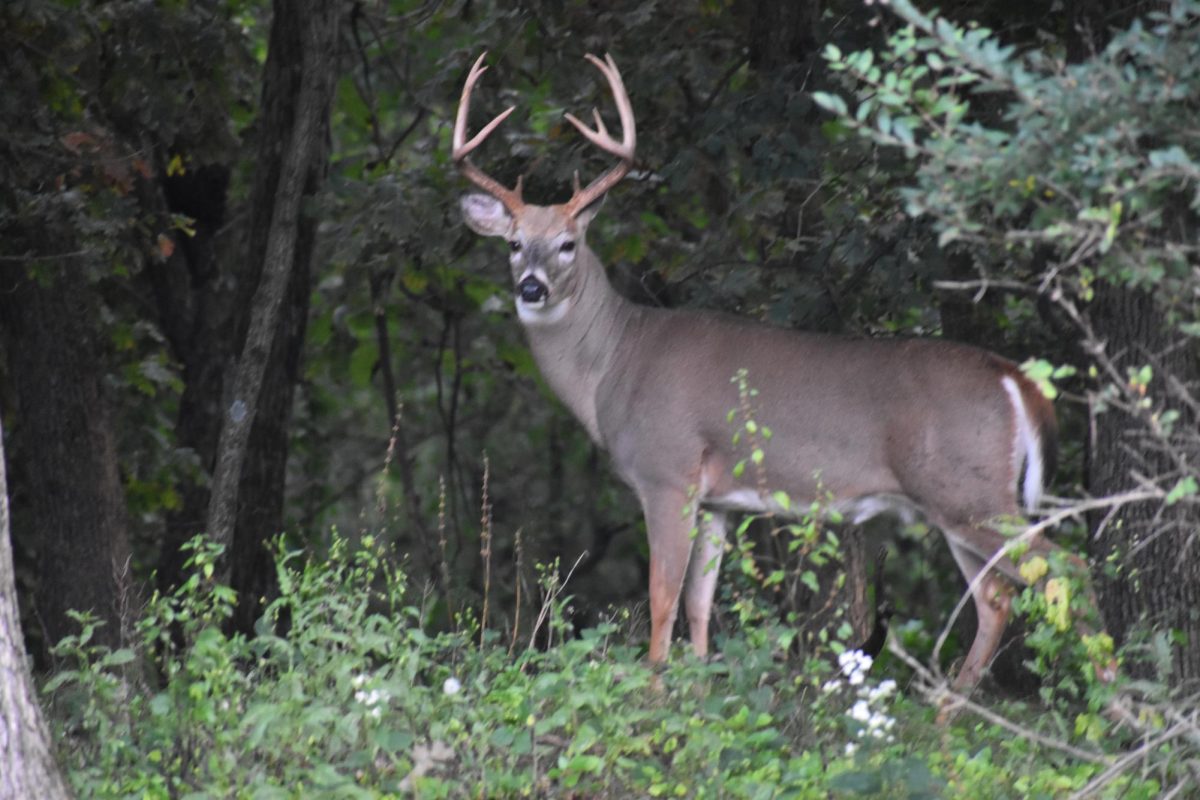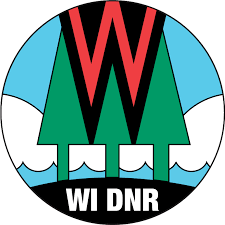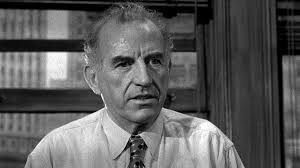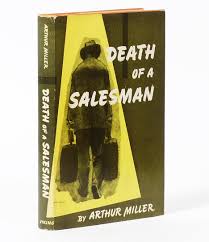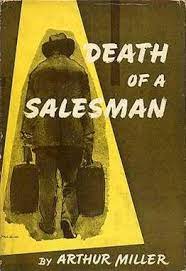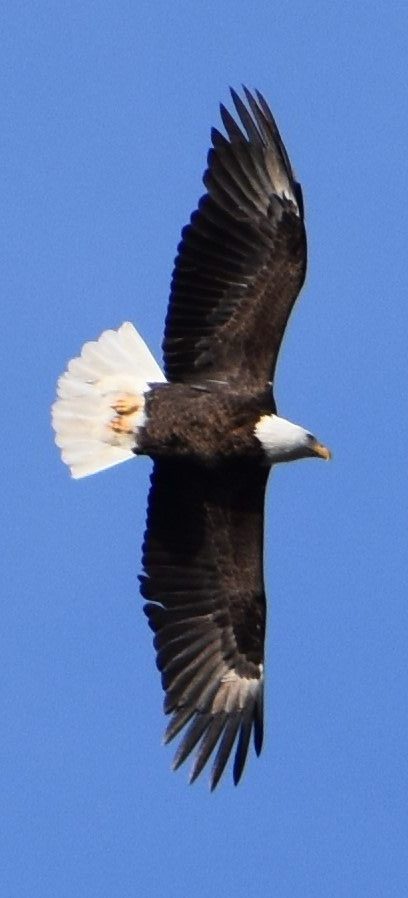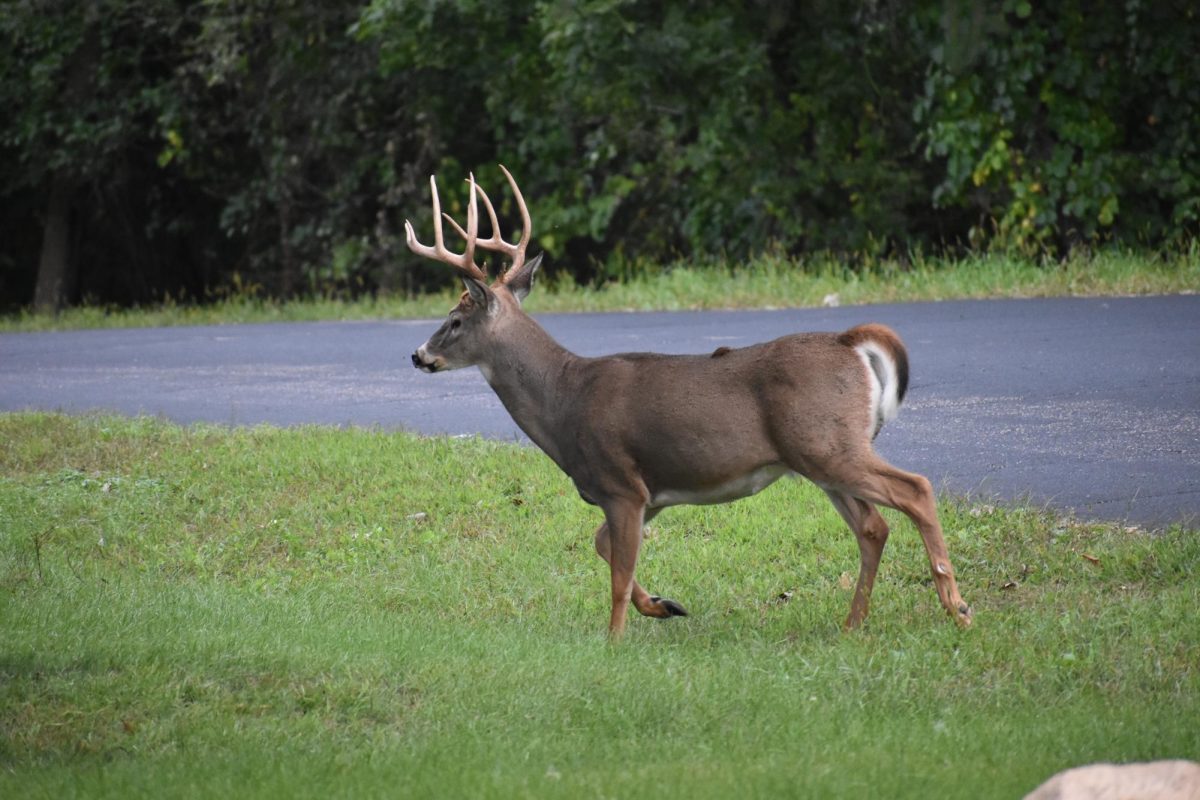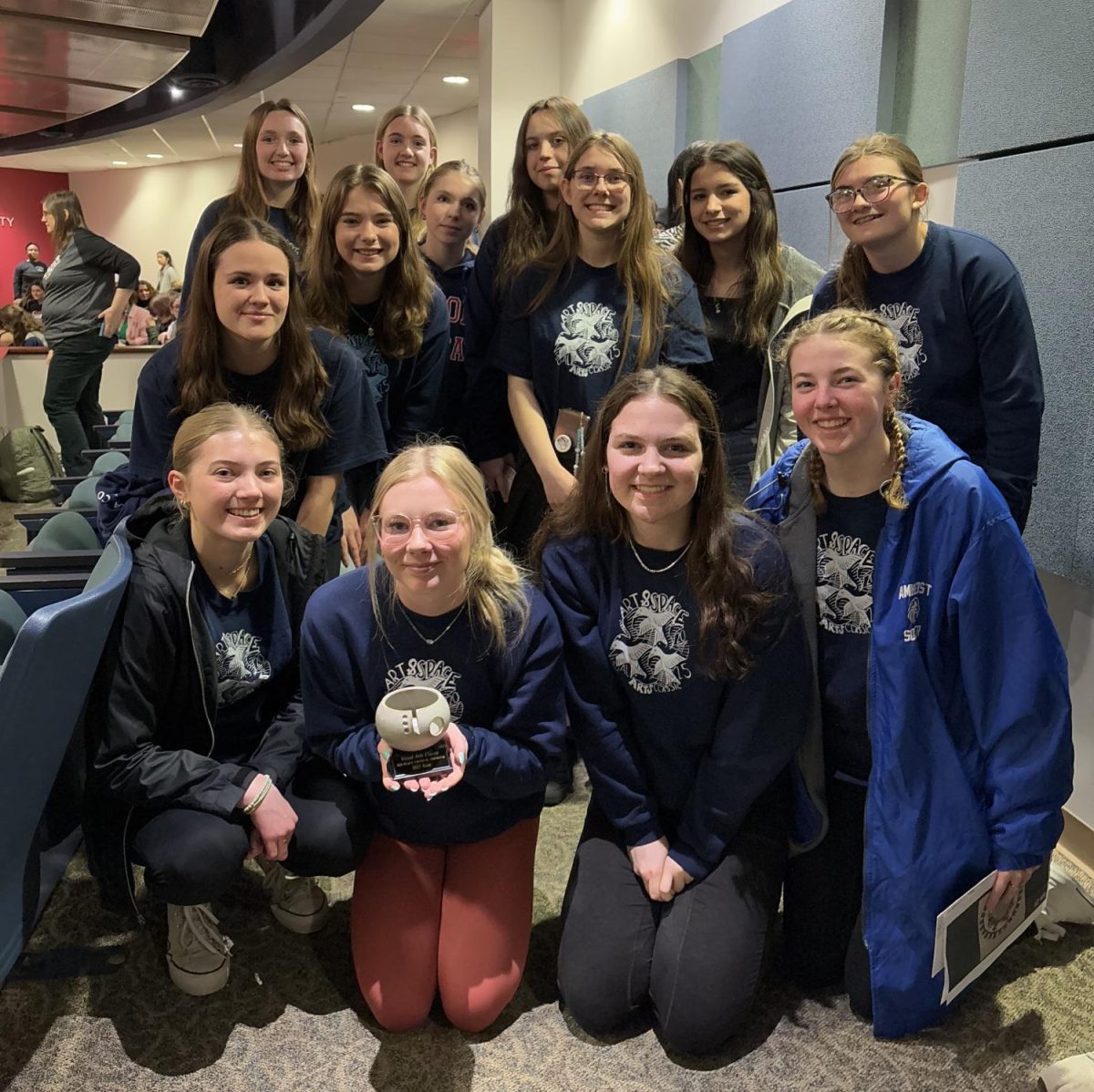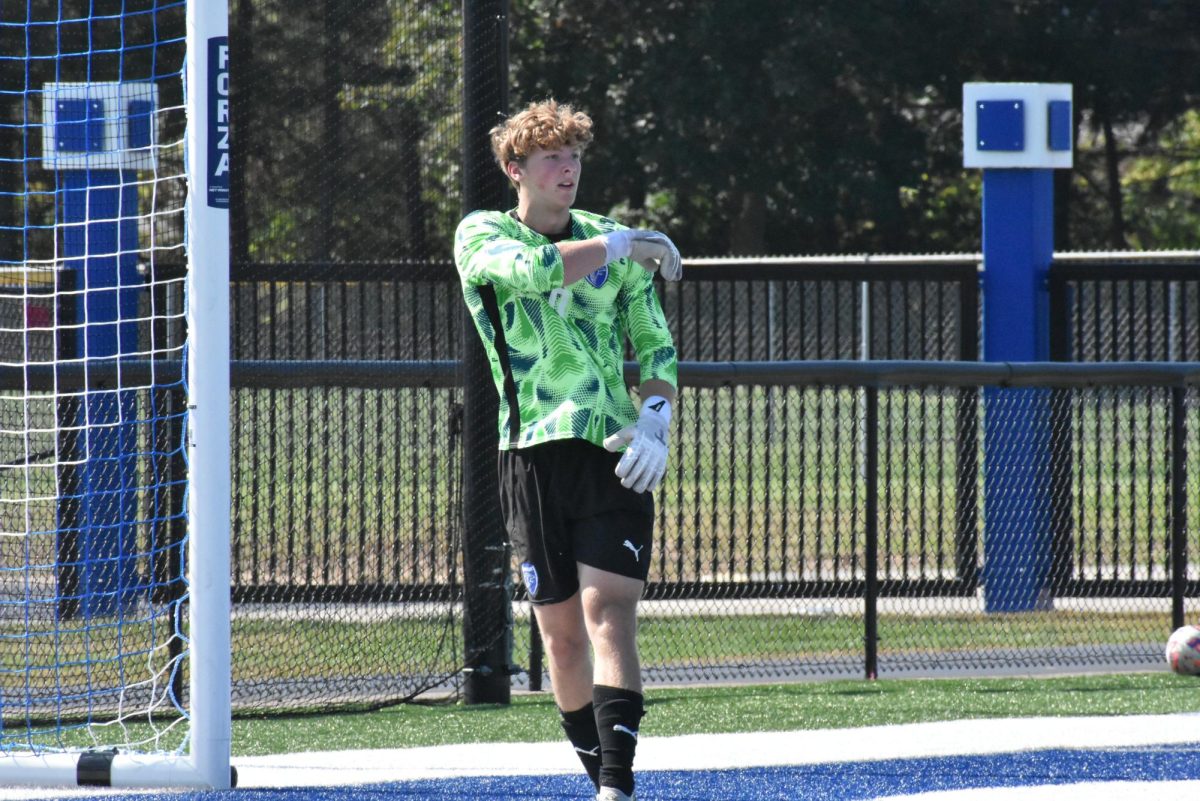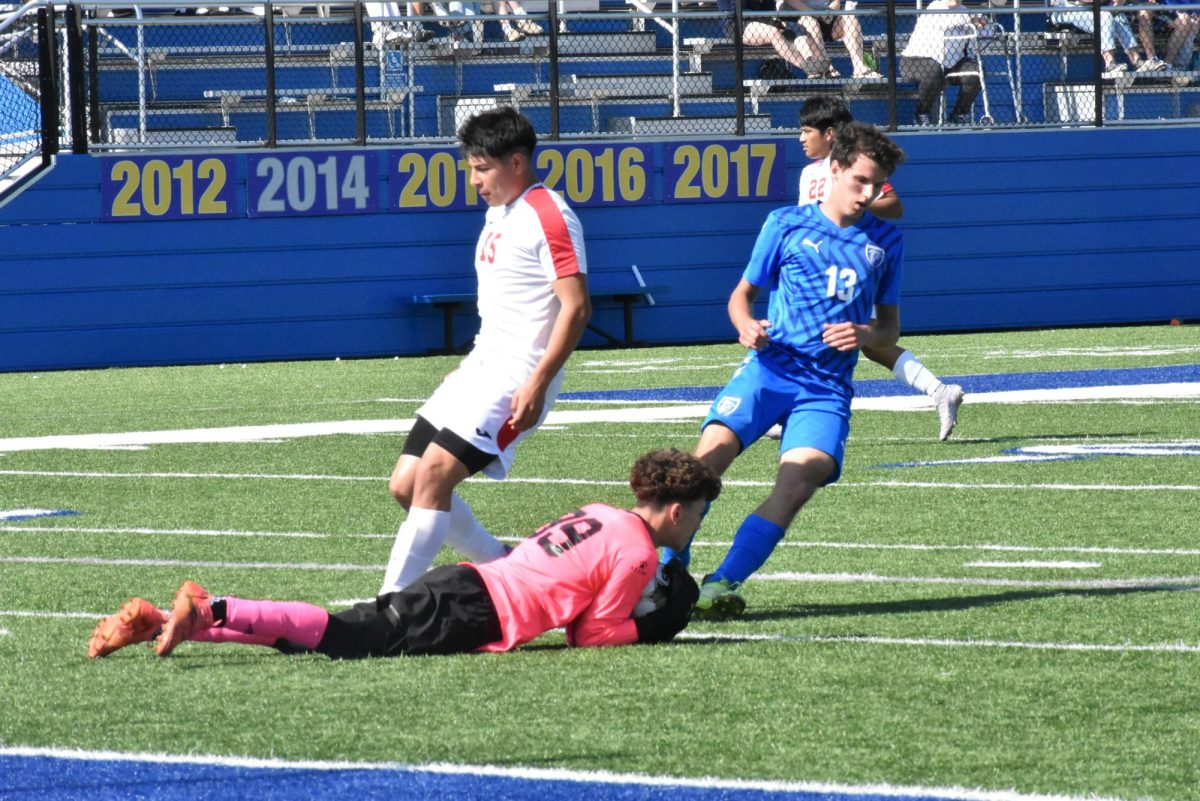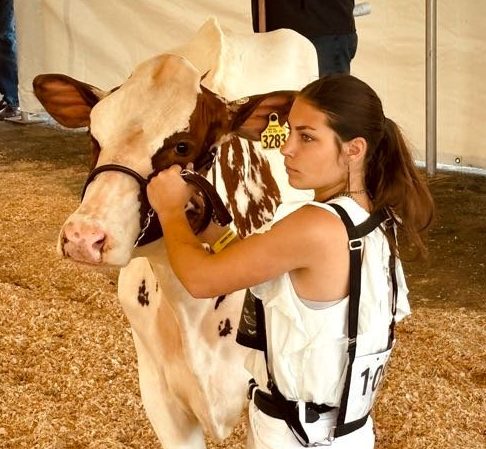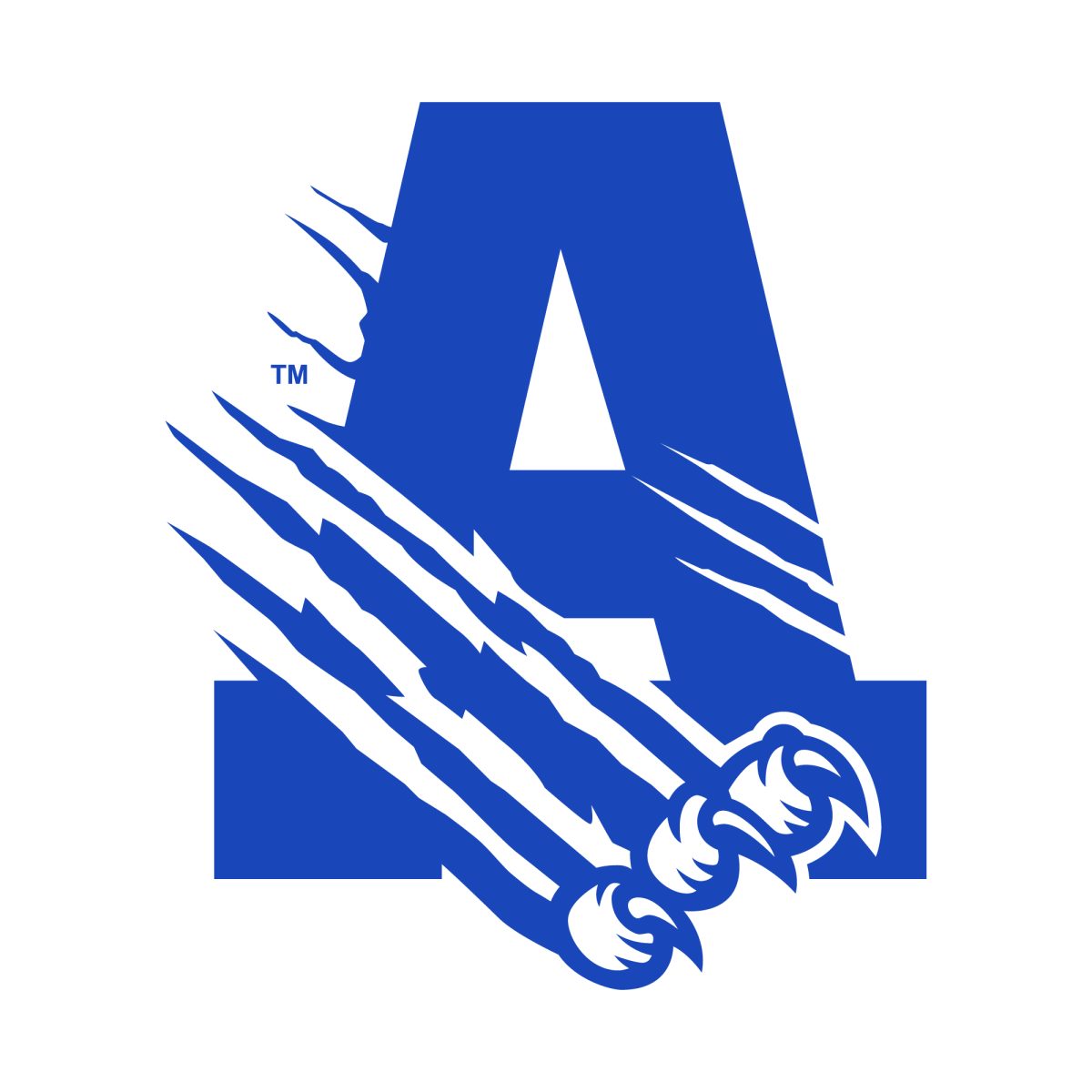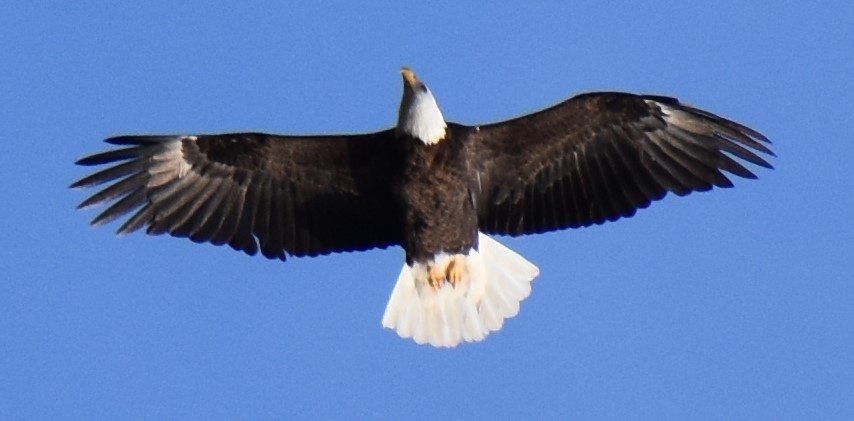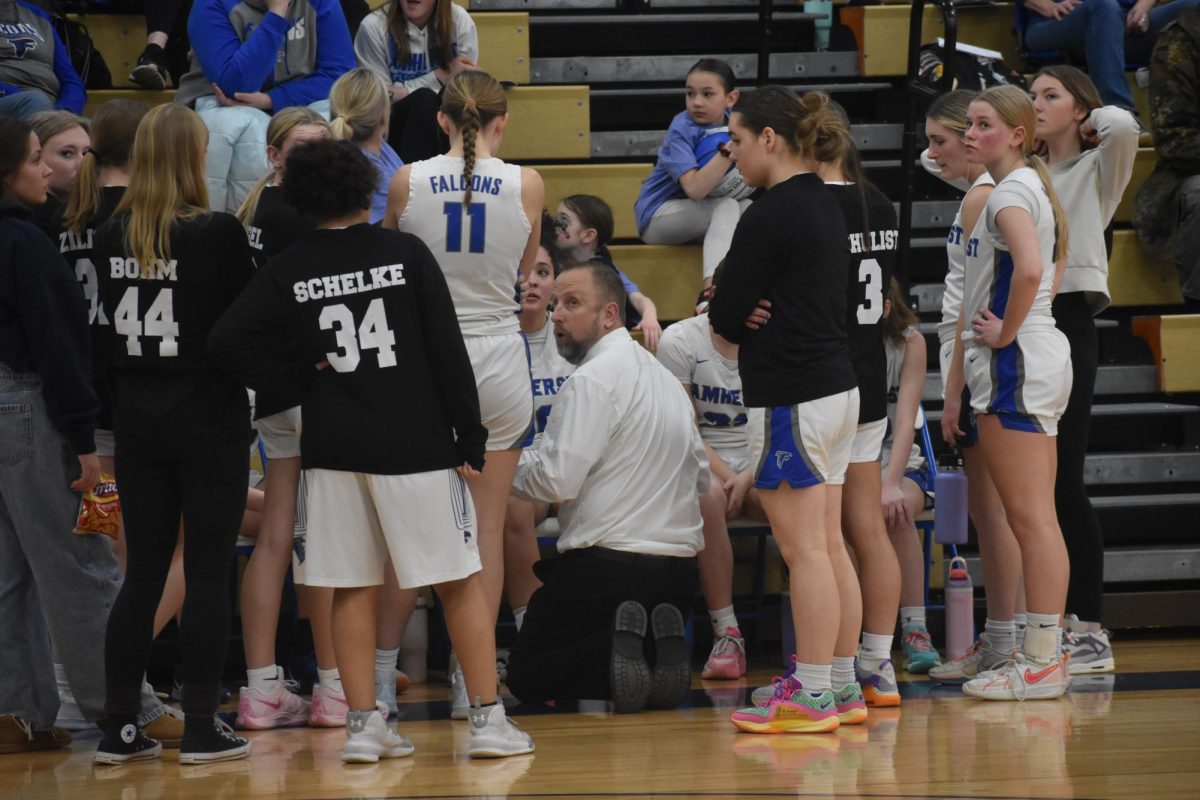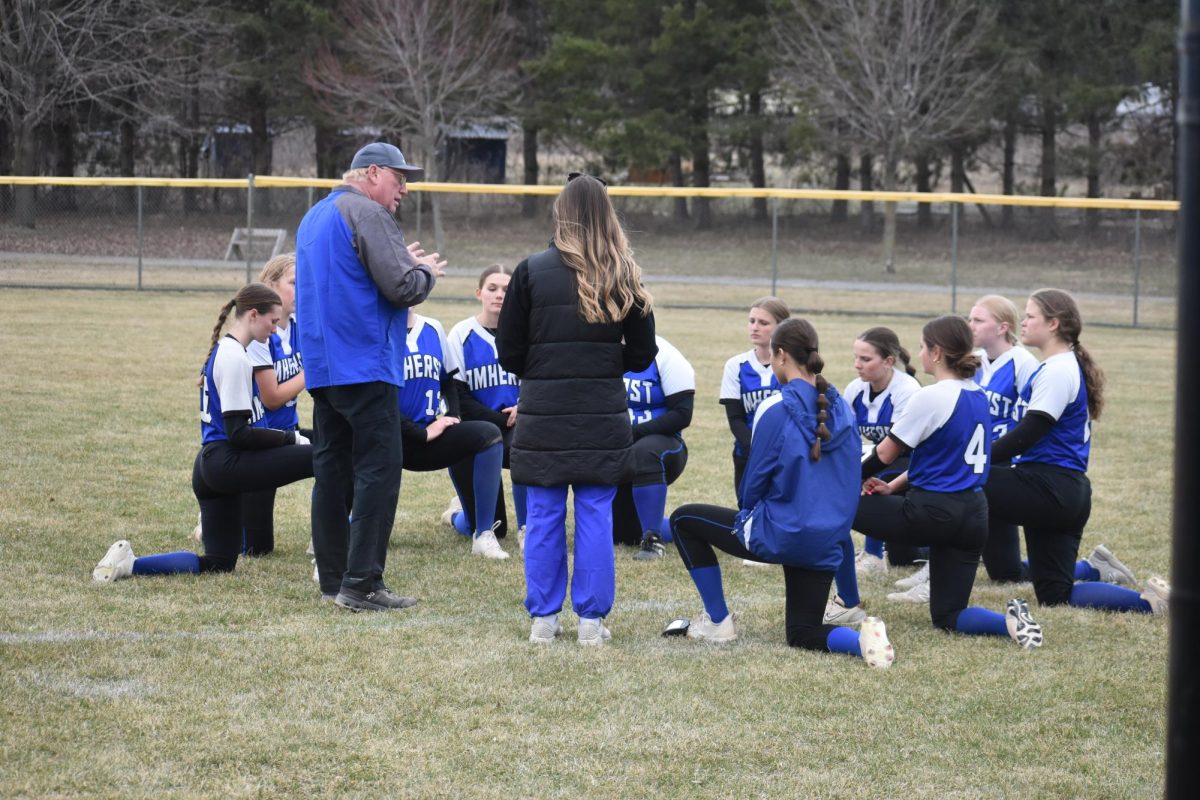
As winter’s chill begins to fade, many are on the lookout for exciting activities to dive into. One often overlooked option? Caring for horses! While it may seem daunting with various considerations like housing and feeding, let’s focus on some essentials to get you started.
First, where will you keep your horse? If you have enough land, creating a pasture can be a good project but keep in mind, it requires significant planning, digging, and effort. If that’s not feasible, consider nearby boarding stables; there are a few within a 20-minute drive from the high school that could be great. Ultimately, it boils down to how involved you want to be in the care of your horse.
Another thing to remember is that they’re not like 4x4s or dirt bikes; they require proper nutrition! While many people immediately think of hay, there’s a lot more to consider. You’ll need to determine the best type of hay for your horse—should you go for alfalfa or stick with grass?Most horses do well on grass hay, but some may benefit from the more nutrient-dense alfalfa, if they need extra in their diet. But don’t overlook other feed options, like grains and soybeans
When it comes to owning a horse, one of the most important aspects is maintenance and medical care. This includes farriers, vets, and vaccinations. Let’s start with farriers. They are highly skilled hoof care professionals who play a vital role in maintaining your horse’s health by trimming and balancing their hooves. This helps prevent joint issues and can make a world of difference in your horse’s well-being. It’s recommended to have your horse be seen by a farrier every six weeks, and many farriers will come to where your horse is. While this may come with a cost, investing in your horse’s care is well worth it.
Then there are vets. Regular check-ups are essential, at least once a year. According to the American Association of Equine Practitioners, there are six important vaccines that your horse should receive to stay protected: rabies, West Nile virus, Eastern and Western equine encephalomyelitis, and tetanus.
The most important thing is that you know that horses are a big investment of time and money, but if you work through all the challenges it comes with great rewards. There’s nothing quite like the feeling of being able to look out your window at your horse.


